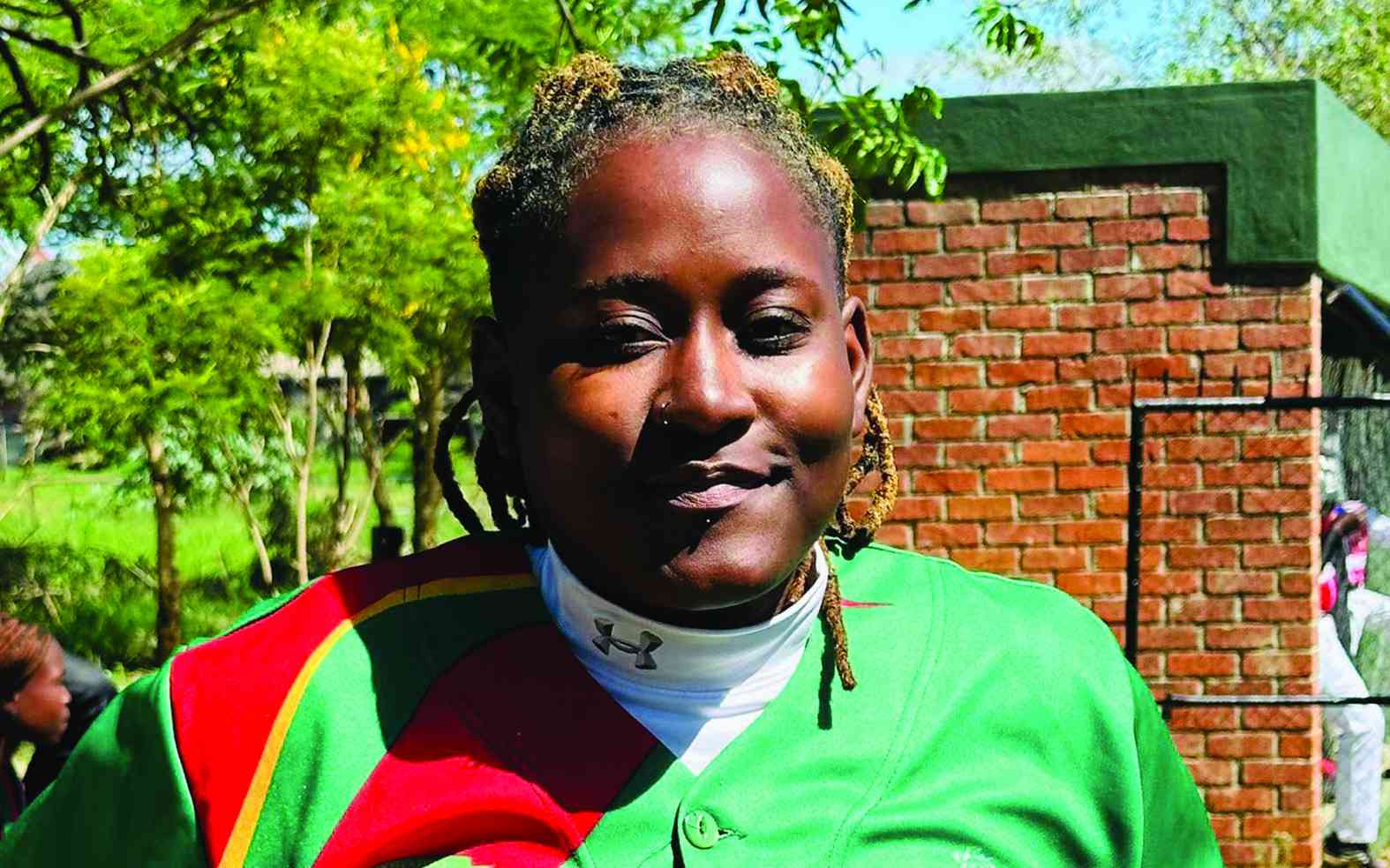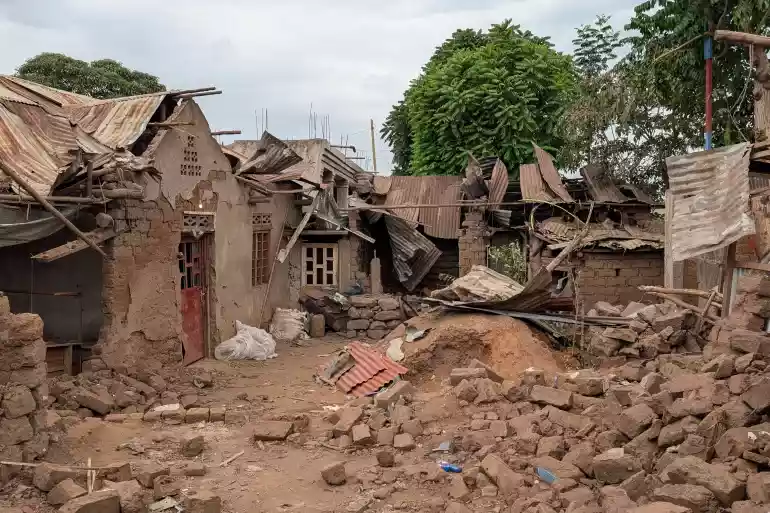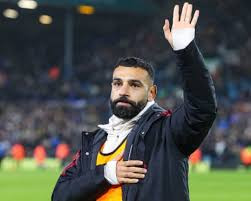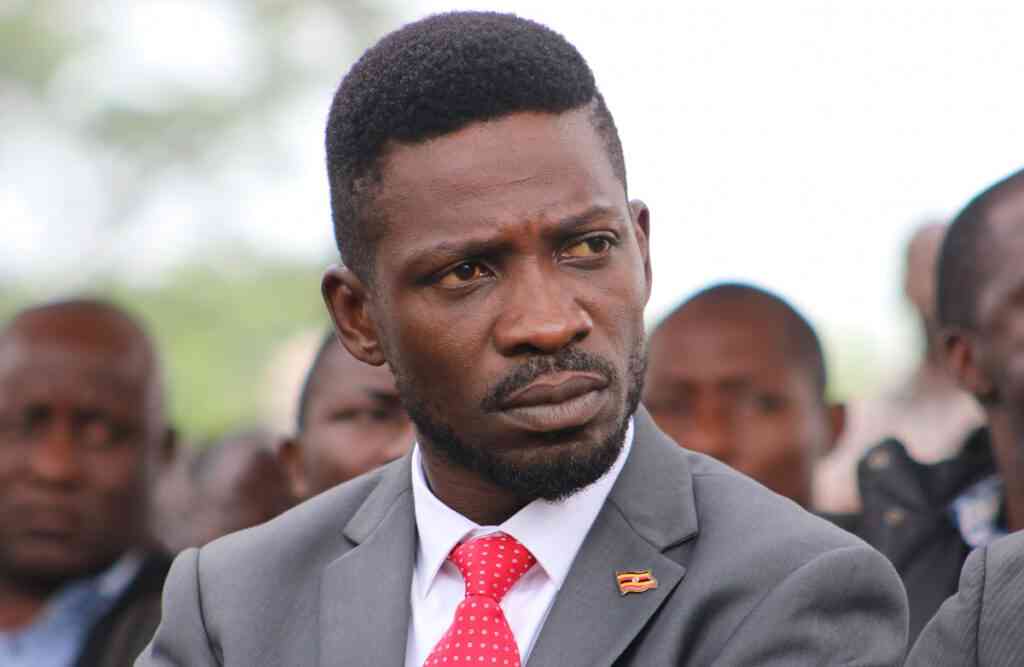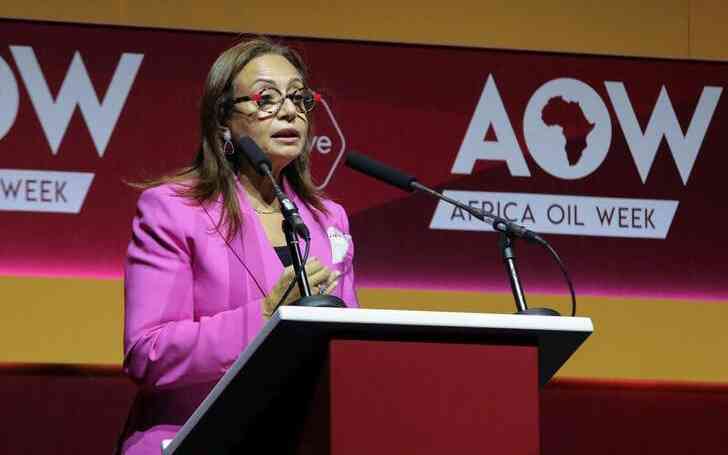
CAPE TOWN, Oct 4 (Reuters) - African countries will use the COP27 climate talks in Egypt next month to advocate for a common energy position that recognises fossil fuels are necessary in the short term to expand economies and electricity access, the continent’s top energy official said on Tuesday.
The African position, criticised by environmental groups, could overshadow global climate talks in Sharm El-Sheikh seeking to build on the previous Glasgow summit and make good on financing targets by rich nations to poorer countries that have fallen far short of the promised $100 billion a year by 2020.
"We recognize that some countries may have to use fossil fuels for now, but it’s not one solution fits all," said Amani Abou-Zeid, the African Union (AU) Commissioner for Infrastructure and Energy.
"It is not time to exclude, but it is the time to tailor solutions for a context, for a country and we cannot treat a city like a village because we have to tailor our sources of energy," she told Reuters on the sidelines of an oil and gas conference.
An AU technical study attended by 45 African countries on 16 June seen by Reuters outlined that oil and coal will play a "crucial role" in expanding modern energy access over the short to medium term.
In tandem with renewable sources, Africa also sees key roles for natural gas and nuclear energy while the continent focuses on new technology and decarbonisation measures to reduce harmful emissions from its fossil fuels industry.
"Our ambition is to have fast-growing economies, competitive and industrialised," Abou-Zeid said.
Seen as a global renewable hub given its vast solar, wind and hydrogen potential, Africa also has around 600 million people in its sub-Sahara region living without electricity and almost 1 billion citizens without access to clean energy for cooking.
- Divine insight: Secrets about prophetic timelines
- Divine insight: Secrets about prophetic timelines
- Religion: Mixed together the church and the world
- Religion: Firstlings of man, livestock and crops
Keep Reading
"As far as we are concerned, the first obligation we have as governments is to our people and to bring them out of energy poverty and poverty in general and to do this you need energy. There is no way you can develop any economy, any society without energy," said Omar Farouk Ibrahim, secretary general of the African Petroleum Producers' Organisation.
"We are talking about coal, we are talking oil and we are talking about gas. At this time we are not discriminating," he told Reuters.

